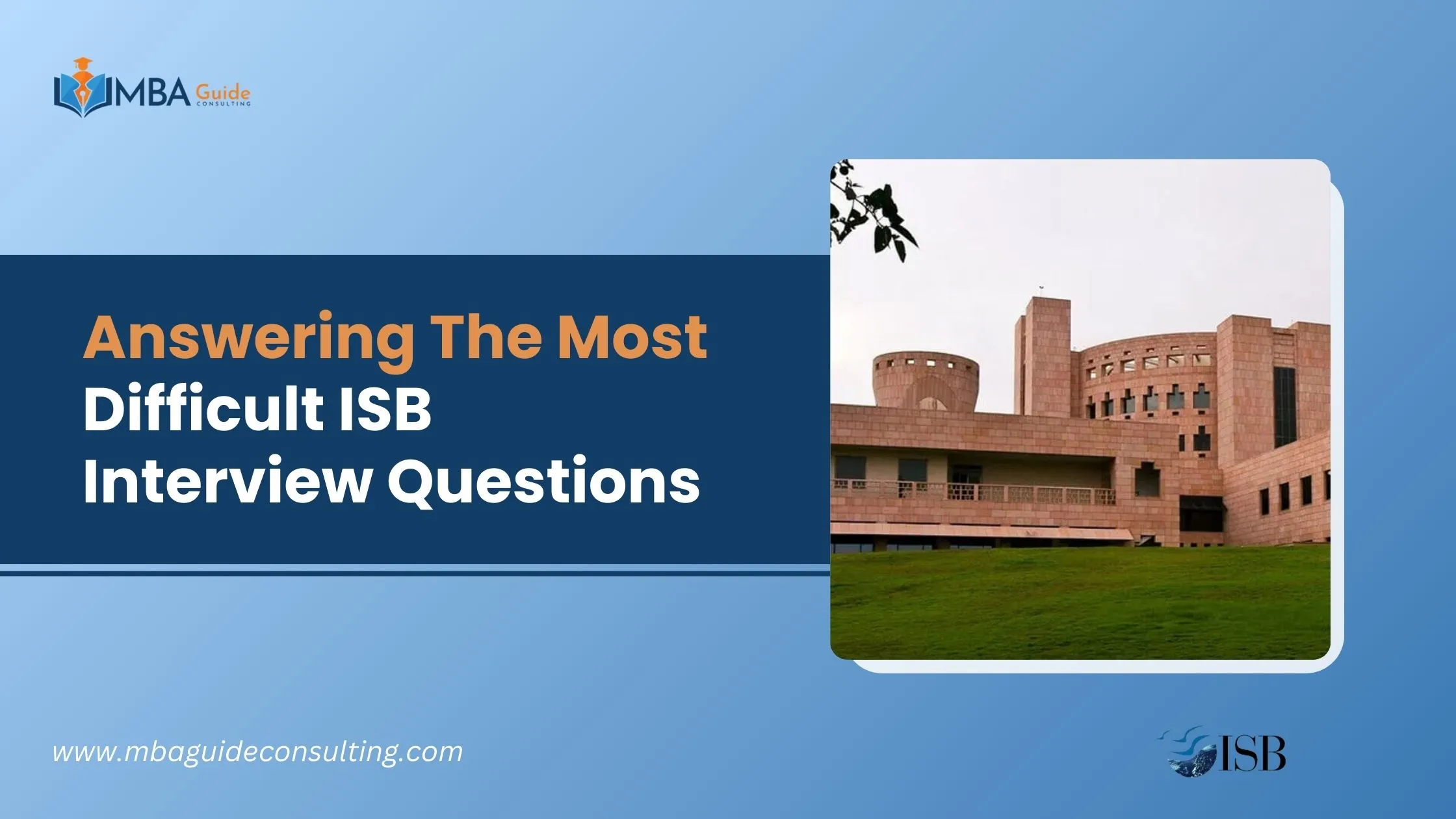Pursuing an MBA is like going on a fancy date with your future career – it is a big investment of both time and money, and you want to make sure it’s worth it!
That’s why choosing the right business school is so crucial – think of it like choosing the perfect gourmet restaurant for your date.
If you pick the right one, you’ll be surrounded by top-notch resources, opportunities for growth, and a network of successful alumni who can help open doors. If you pick the wrong one, well…let’s just say you might be stuck eating questionable “mystery meat” for the next one to two years.
So, choose wisely, and your future self will thank you!
The most important thing to keep in mind while researching B Schools is to start early. It takes time to evaluate each business school’s strengths, resources, and reputation to determine which one is the best fit for your career goals and aspirations. If you are still early in your preparation for the 2023 Fall applications, here are some guidelines to help you find the right business school for your MBA:
1. Identify your goals
Start by considering what you hope to achieve with an MBA, such as a specific career path or industry, and what particular skills you want to develop. Considering your career goals and desired skills development will help you identify the business schools and MBA programs that best fit your needs. It is also essential to reflect on your professional background, years you have been working, and long-term aspirations to decide what school and how long an MBA program you should be looking at.
For example, if you have a specific career path in mind, such as finance or consulting, look for business schools with focus in those areas that offer the relevant courses and experiences to help you achieve your goals.
If you are interested in developing specific skills quickly, such as leadership or entrepreneurship, look for business schools that offer shorter MBA programs and opportunities for hands-on learning and real-world experience in those areas. By considering these factors, you can narrow down your list of business schools to find the one that will provide you with the best opportunity to achieve your goals and develop the skills you need to succeed in your career.
2. Research business schools on the 3Cs- Career pipeline, Culture and Curriculum
Make a list of business schools that strongly feed into companies and industries that align with your goals. Consider factors such as location, cohort size, campus culture, values and specialty areas of study. Try to understand the school’s culture and evaluate your fit with the cohort. Last-minute research will result in a sloppy application that fails to explain why you wish to join a school’s community. The most successful applicants comprehend the business school’s offerings well and link them to their motivation.
Look at the MBA curriculum of each school you’re considering, paying attention to courses and electives that align with your goals. Also, consider the school’s reputation, average cohort GMAT/GRE and rankings from organizations such as U.S. News & World Report or Financial Times.
3. Visit the campus
If possible, visit the business school you may be considering most strongly. Visiting the campus can give you a firsthand look at the business school’s environment, resources, and atmosphere, and it can also help you better understand what it would be like to attend school and be a part of the community. During your visit, you can tour the facilities, participate in informational sessions to learn more about the programs and curriculum, and meet with current students and faculty members to get their perspectives on the school and their experiences. This can also allow you to ask any questions and get a more well-rounded view of the school.
4. Consider the cost and funding options
Cost is essential when choosing a business school, as MBA programs can be pretty expensive. It’s critical to research the cost of each program you are considering and compare it to your budget and financial goals. Don’t forget to dig deep and uncover any hidden treasure, aka scholarships, loans, and assistantships. It’s like a scavenger hunt, but with less nature and more spreadsheets. And who knows, you might even uncover a secret MBA program funding option – like a pot of gold at the end of a rainbow! So, get your calculator ready and make an informed, wallet-friendly decision.
5. Network
Networking is a crucial aspect of an MBA program and can impact your career. Building relationships with MBA alumni, current students, and professors can provide valuable insights and opportunities for growth. Alumni often offer advice and share their experiences, including the challenges they faced and the skills they developed. Connecting with current students can give you a sense of the school’s culture and atmosphere. Professors can provide mentorship and guidance in your academic and professional pursuits.
Building relationships with MBA alumni, current students, and professors can give you the inside scoop on the biz world and open doors you never thought was possible. The connections you make during your MBA journey can lead to valuable recommendations, introductions, and opportunities in the future. Participating in networking events can help you expand your network and build relationships that can benefit you long after you have graduated.
Where are you in your MBA applications journey? Reach out to us for candid advice.
_________________



